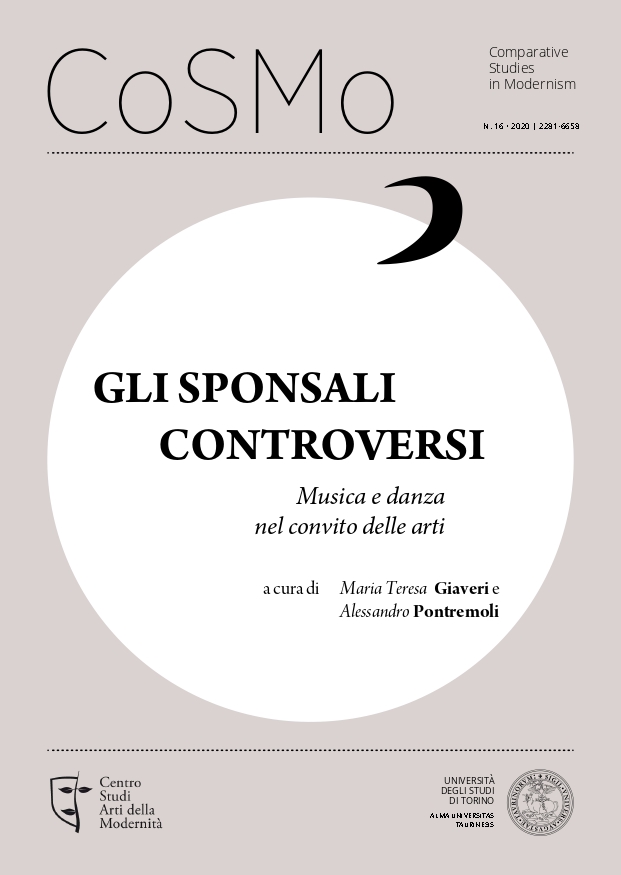Il “prestigio” delle favole antiche. Proust e la festa barocca
Abstract
This paper focuses on one of the most famous episodes of Marcel Proust’s In Search of Lost Time, that is the great choral scene set at the Opera at the beginning of The Guermantes Way (1920). In these pages a link is established between the drama Phèdre, played on the stage by the actress Berma, and what takes place over the audience, in the boxes where the blue-blooded world of faubourg Saint-Germain is staged. To define the fascination that both representations wield on him, Proust employs the term “prestige:” a word originally rooted in the field of magic, as witnessed by many Grand-Siècle writers as well as by 17th-century dictionaries. By investigating the word’s etymology, the paper shows the reasons why the ‘prestige’ of the aristocratic condition is put on display through mythology. Indeed, in Marcel’s eyes, the Princess of Guermantes becomes a sea goddess, Diana, and Juno. In this respect, The Guermantes Way reproduces, metaphorically, what happened in 16th and 17th-century ballets and festivities, in which those in power played the role of the pagan gods, and wore mythological disguises to embody the most ‘prestigious’ symbolic capital of the West.
Downloads
Gli autori mantengono i diritti sulla loro opera e cedono alla rivista il diritto di prima pubblicazione dell'opera, contemporaneamente licenziata sotto una Licenza Creative Commons - Attribuzione che permette ad altri di condividere l'opera indicando la paternità intellettuale e la prima pubblicazione su questa rivista.








